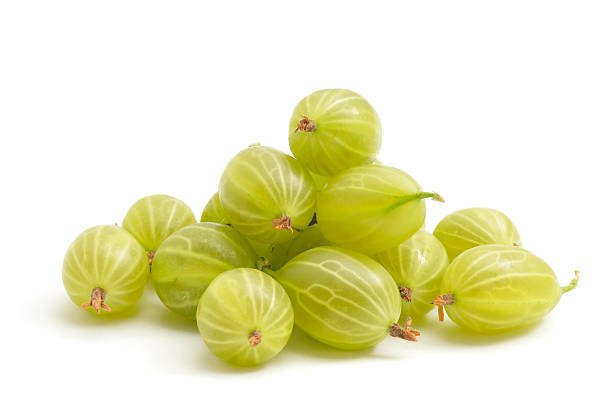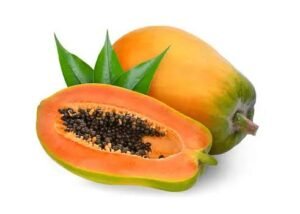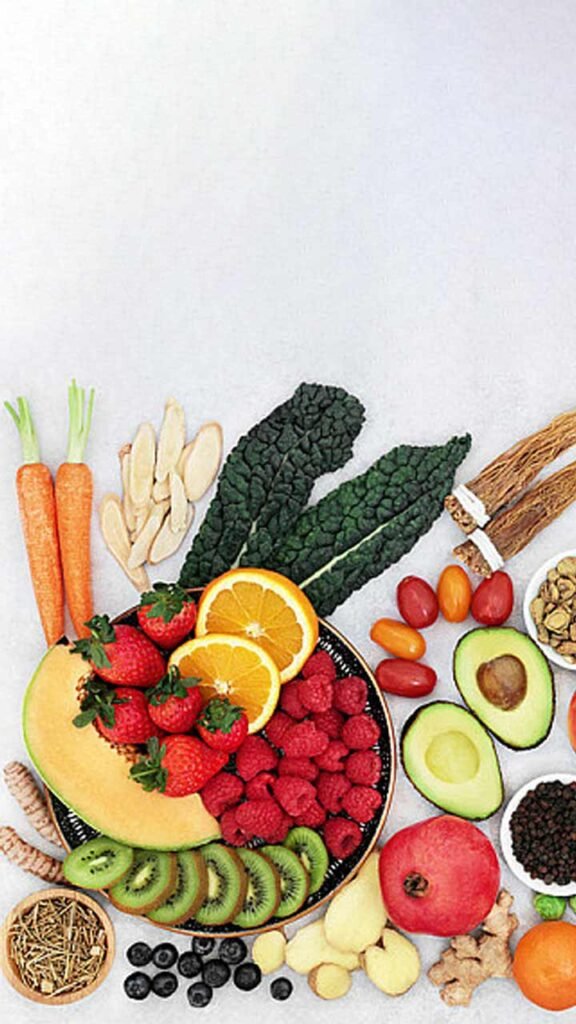When it comes to maintaining good health, our platelet or thrombocyte count plays a vital role in ensuring our blood’s ability to clot effectively which helps in blood clotting, and having an optimal platelet count is essential to prevent excessive bleeding or clotting disorders. Several factors can influence platelet count, including diet.
In this article, we’ll explore fruits to increase platelet counts and promote overall health.
What Platelets are?
Before we delve into the world of fruits that can boost platelet counts, let’s take a moment to understand what platelets are and why they are so crucial for our well-being.
Platelets, also known as thrombocytes, are the smallest type of blood cells. They are produced in our bone marrow and have a significant role in blood clotting. When there is an injury, platelets rush to the site to form a plug, preventing excessive bleeding. This clotting process is essential for preventing blood loss and promoting healing.
However, having too few platelets (thrombocytopenia) can lead to a higher risk of bleeding, while having too many platelets (thrombocytosis) can increase the risk of excessive clotting. Maintaining an optimal platelet count is, therefore, essential for overall health.
Role of platelets in the human body
- Hemostasis: Platelets are essential for hemostasis, which is the process of stopping bleeding. When a blood vessel is injured, platelets rush to the site to form a plug and prevent excessive bleeding. They stick together and adhere to the damaged blood vessel, creating a temporary seal.
- Blood Clot Formation: Platelets play a central role in the formation of blood clots. When there’s an injury that leads to bleeding, a series of events involving platelet activation and the coagulation cascade occur to form a stable blood clot, sealing the damaged area.
- Wound Healing: Platelets release growth factors and other proteins that stimulate the healing process. These growth factors help in tissue repair and regeneration, facilitating wound healing.
- Immune Response: Platelets are involved in the body’s immune response. They can engulf and destroy pathogens, such as bacteria, and also help to modulate inflammation.
- Transport of Nutrients and Gases: Platelets can transport various substances, including oxygen, carbon dioxide, nutrients, and hormones, through the bloodstream to different parts of the body.
- Maintaining Vascular Integrity: Platelets contribute to the integrity of blood vessel walls. They help repair and maintain the endothelial lining of blood vessels, ensuring they remain functional and healthy.
- Preventing Excessive Bleeding: Platelets prevent excessive bleeding by forming a plug at the site of an injury. Conditions, where platelet count is low (thrombocytopenia), can result in a higher risk of bleeding and bruising.
- Maintaining Overall Health: Platelets are part of the body’s complex system that keeps blood flowing, prevents infections, and supports tissue repair. Proper platelet function is critical for overall health and well-being.
Can Fruits Really Help to raise the platelet count?
While no single fruit can magically skyrocket your platelet count, a diet rich in fruits, along with other healthy foods, can certainly support your body’s platelet production and maintenance. Fruits provide a wealth of vitamins, minerals, and antioxidants that contribute to your overall well-being, including your blood health. Below, we’ll explore some fruits that have properties believed to aid platelet count and overall health.
6 Fruits to increase platelet count
1. Kiwi

Kiwi is a good source of vitamin C, which is crucial for collagen production and overall vascular health. Healthy blood vessels are essential for platelet function.
2. Oranges

Oranges are well known for their high vitamin C content. Vitamin C is an antioxidant that helps protect cells, including blood cells, from damage. It may also improve platelet function and prevent them from breaking down too quickly. Including oranges in your diet can provide a boost of vitamin C and support your platelet health.
3. Gooseberries

Consuming gooseberries, along with other fruits and a balanced diet, can contribute to your overall well-being and support the maintenance of a healthy platelet count. However, it’s important to keep in mind that platelet count is influenced by various factors, and no single food can dramatically increase or decrease platelets on its own.
4. Pomegranate

Pomegranates contain punicalagins and anthocyanins, powerful antioxidants that have been associated with improved platelet function and reduced oxidative stress.
5. Pumpkin

Pumpkin’s nutritional profile suggests that it may have a positive impact on overall health and, by extension, platelet health. Antioxidants like vitamin C and vitamin E can help reduce oxidative stress and inflammation, which can be beneficial for platelet function.
6. Papaya

Papaya is a tropical fruit rich in vitamin C and vitamin K. Vitamin K is essential for proper blood clotting and can help maintain platelet count. Vitamin C, as an antioxidant, also supports platelet function.
Also read: Tasty fruits of high nutritional value
How to Incorporate These Fruits to Increase Platelet Count Into Your Diet?
Now that we’ve identified some platelet-boosting fruits, let’s discuss how to incorporate them into your diet for maximum benefits. Here are some practical tips:
- Fresh Fruit Salad: Create a colorful fruit salad with a mix of these fruits. This can be a refreshing and nutritious addition to your meals.
- Smoothies: Blend fruits like papaya, kiwi, and berries into delicious smoothies. Add a touch of yogurt or almond milk for a creamy texture.
- Snacking: Keep a bowl of fresh berries or sliced oranges handy for snacking. This can be a healthy alternative to processed snacks.
- Pomegranate Juice: Enjoy a glass of pure pomegranate juice regularly. Be cautious with store-bought versions, as they may contain added sugars.
- Leafy Green Salads: Incorporate leafy greens like spinach and kale into your salads or sandwiches for an extra dose of vitamin K.
A Balanced Diet for Optimal Platelet Count
While these fruits can certainly contribute to healthier platelet counts, it’s important to remember that a balanced diet is key. Alongside these fruits, make sure you’re consuming a variety of other nutrient-rich foods, such as lean proteins, whole grains, and vegetables. Staying hydrated is also crucial for overall blood health.
Here are some general dietary guidelines to help maintain an optimal platelet count:
- Stay Hydrated: Drink plenty of water to ensure that your blood remains at the right consistency for platelets to do their job effectively.
- Iron-rich foods: Incorporate iron-rich foods like lean meats, lentils, and fortified cereals. Iron is important for red blood cell production, which indirectly affects platelets.
- Vitamin K Sources: Besides leafy greens, include foods like broccoli, Brussels sprouts, and cabbage, which are good sources of vitamin K.
- Avoid Excessive Alcohol: Excessive alcohol consumption can negatively impact platelet function. If you drink alcohol, do so in moderation.
- Limit Processed Foods: High-sugar and high-fat processed foods can contribute to inflammation, so limit your intake of these items.
- Consult a Healthcare Professional: If you have concerns about your platelet count or are dealing with a specific medical condition, consult with a healthcare professional. They can provide personalized advice and treatment options.
Incorporating fruits like oranges, papaya, kiwi, berries, pomegranates, and leafy greens into your diet can certainly contribute to a healthier platelet count. These fruits provide essential vitamins, minerals, and antioxidants that support your overall blood health and reduce the risk of excessive bleeding or clotting disorders.



